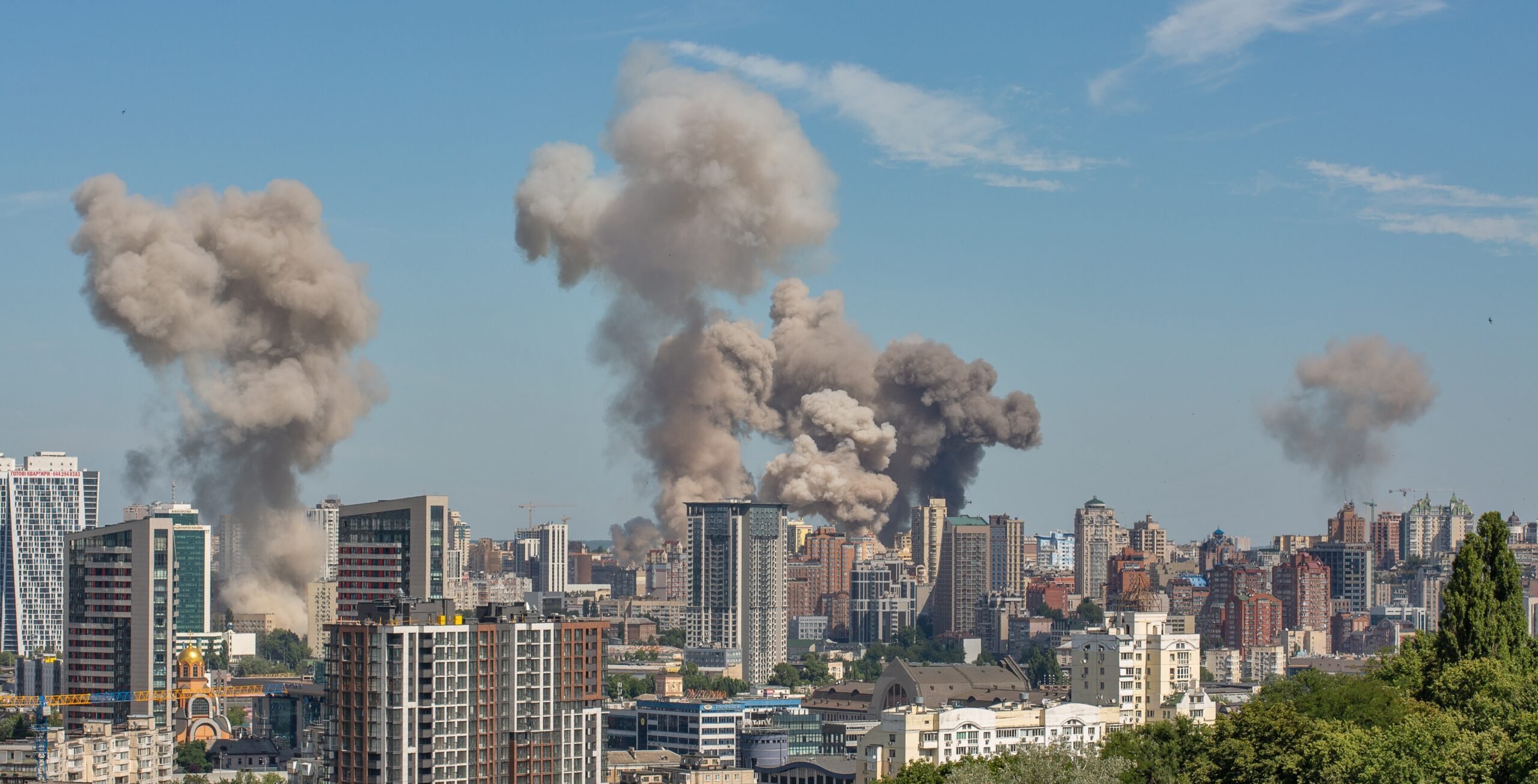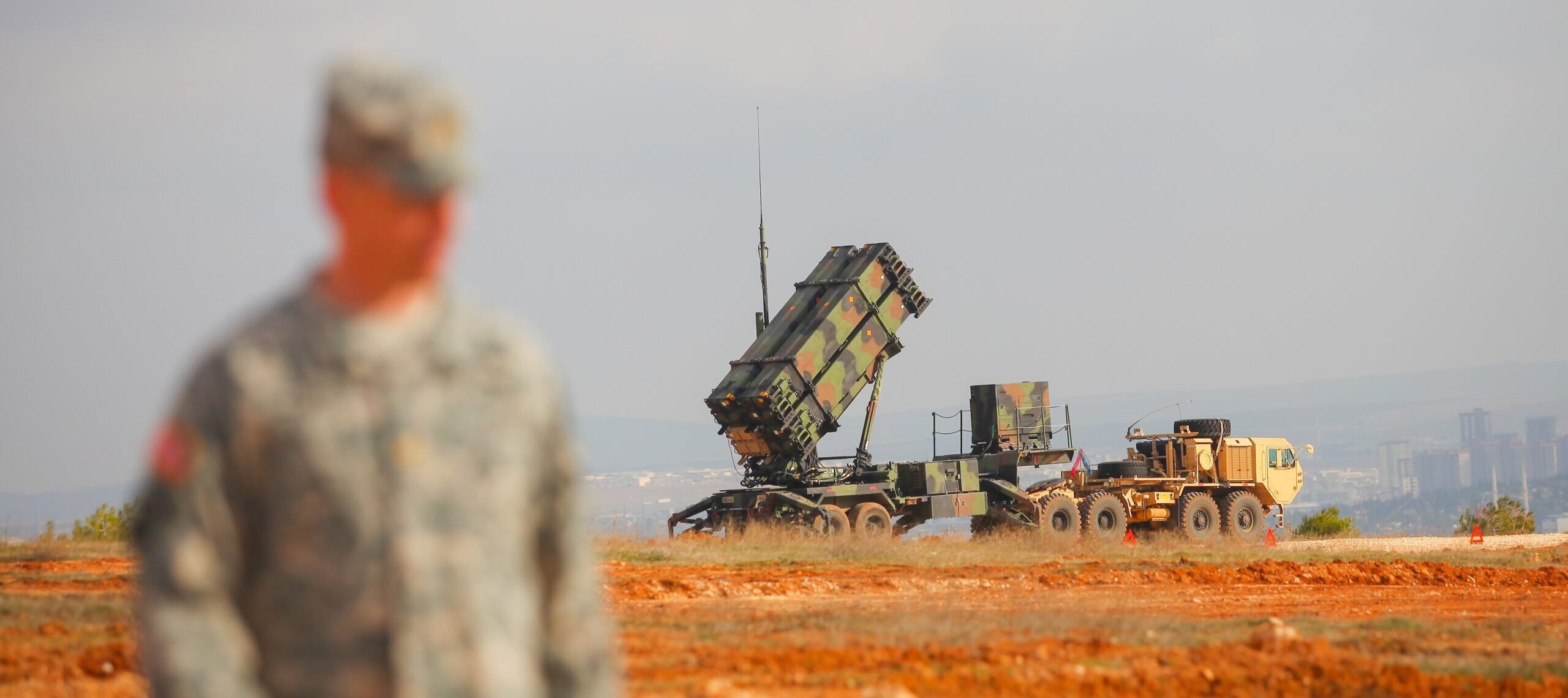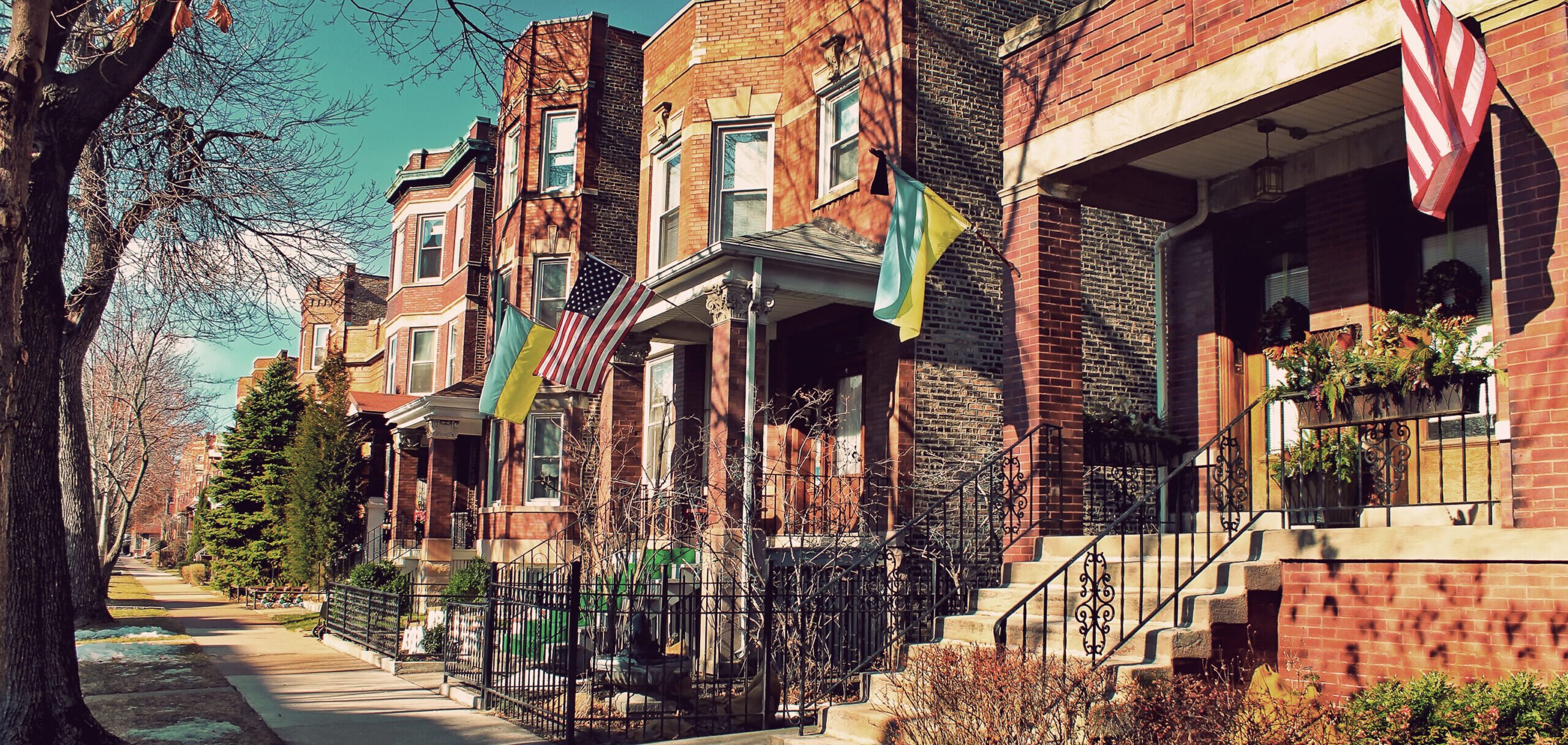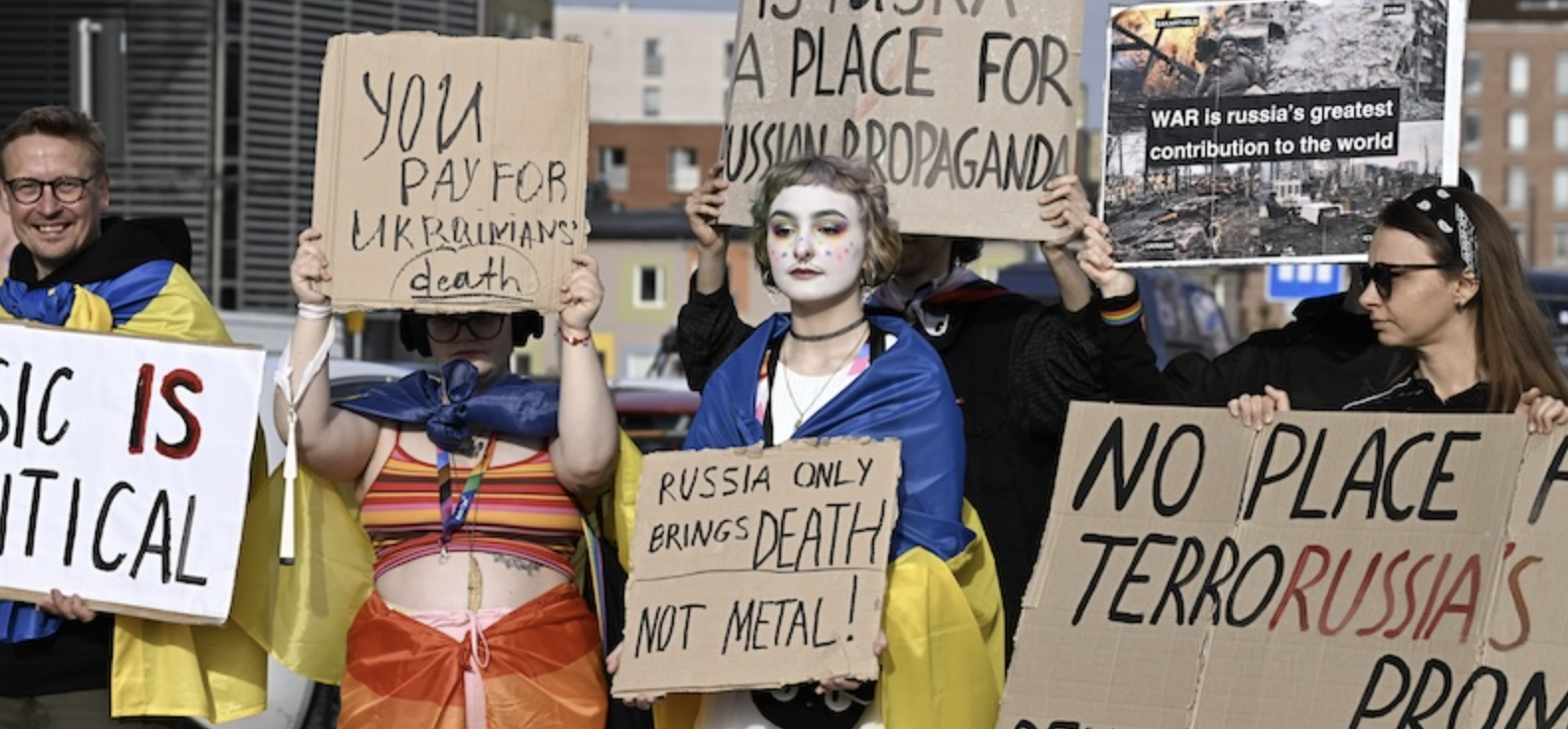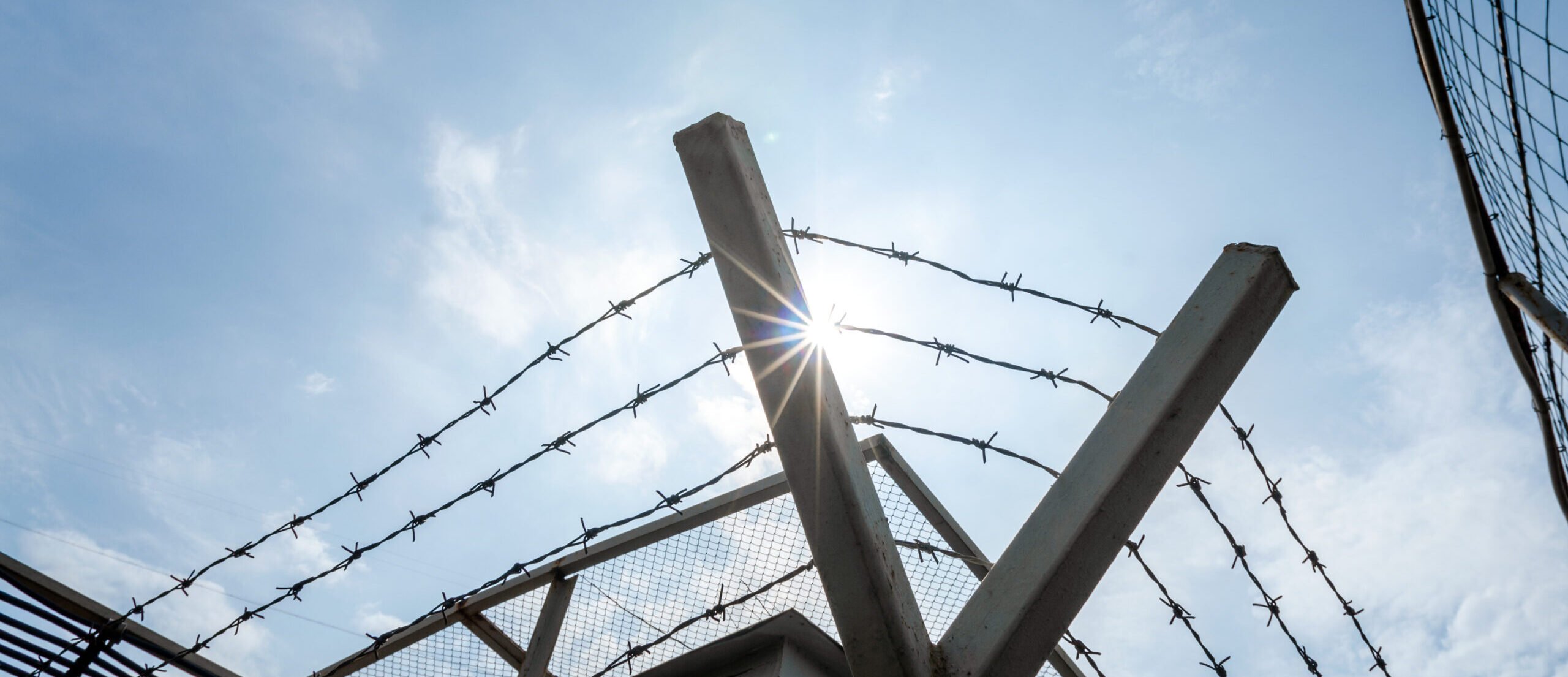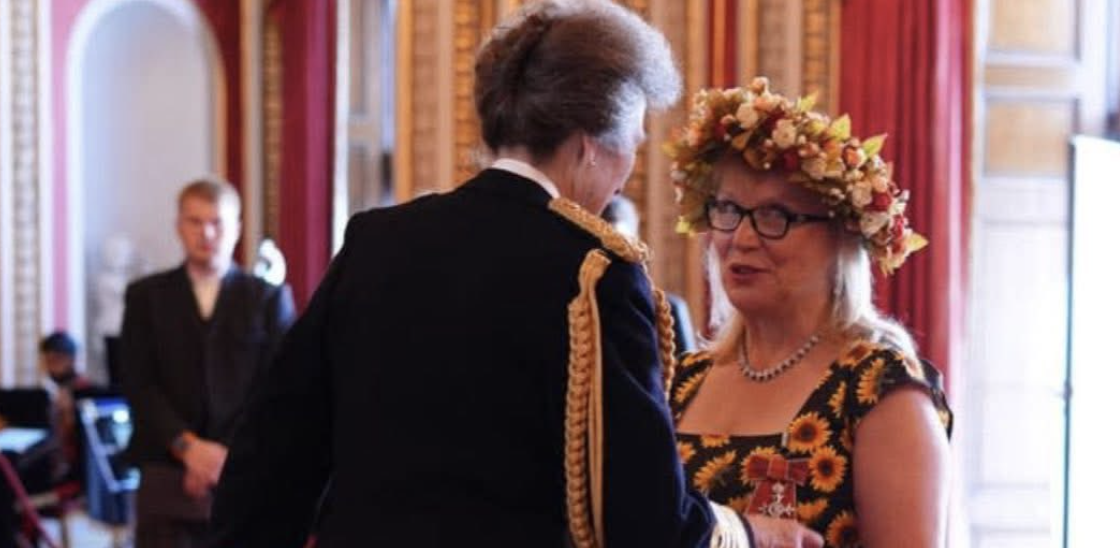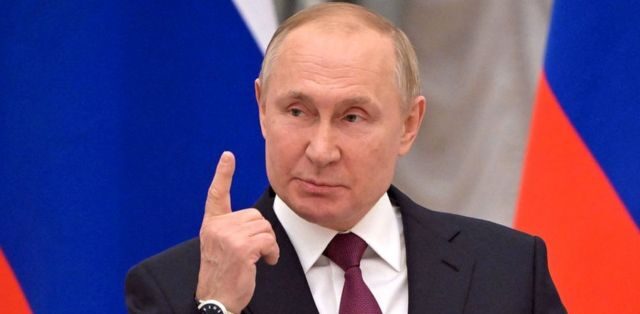
For the first time since the beginning of the full-scale invasion of Ukraine, Putin’s chances of winning the war look increasingly realistic, writes publication The Economist. The Russian president has put his country on the military rails, strengthened his power, organized the supply of weapons from abroad, and is also helping to set the Global South against the West, the journalists write.
“Crucially, he [Putin] is undermining the conviction in the West that Ukraine can – and must – emerge from the war as a thriving European democracy,” the text reads.
The West is not making all possible efforts to reduce Putin’s confidence in victory. But fatalism, complacency ,and a striking lack of strategic vision stand in the way, especially in Europe, The Economist writes.
Journalists call the likely victory of Putin in the short term – the retention of captured Ukrainian territories. Currently, “a defenders’ war” is going on at the front, when neither side can dislodge the opponent from the territory it controls.
“It could last many years,” the text reads.
At least in 2024, Russia will be in a stronger fighting position, having produced more drones and artillery shells than Ukraine, and having developed successful tactics to counter a number of Ukrainian weapons. In addition, Putin is prepared for terrible losses among the Russian military, and has also strengthened his position inside the country.
“Increasing foreign support partly explains Russia’s edge on the battlefield. Mr Putin has obtained drones from Iran and shells from North Korea. He has worked to convince much of the global south that it has no great stake in what happens to Ukraine,” the text’s authors write.
Despite declarations of commitment to Ukraine, it is becoming more difficult for Western governments to keep their promises. In particular, in the US, the Biden administration is still trying to convince Congress to allocate more than USD 60 billion in funding to Ukraine. In addition, the situation may become even more difficult in the event of former US President Donald Trump’s victory in the 2024 presidential elections, The Economist adds.
“Europe should be preparing for that dire possibility – and for American help to slow, whoever is in the White House. Instead, European leaders are carrying on as if munificent Joe Biden will always be in charge,” journalists write.
Europe should consider Putin as a significant long-term threat to its own security. Journalists call for European defense strategies to be developed in such a way that Putin does not see even the slightest weakness in the European Union. And Europe’s most effective strategy for deterring Putin is to demonstrate unwavering determination and commitment to Ukraine in the form of supplies of the necessary weapons and tougher sanctions against Russia, The Economist concluded.
